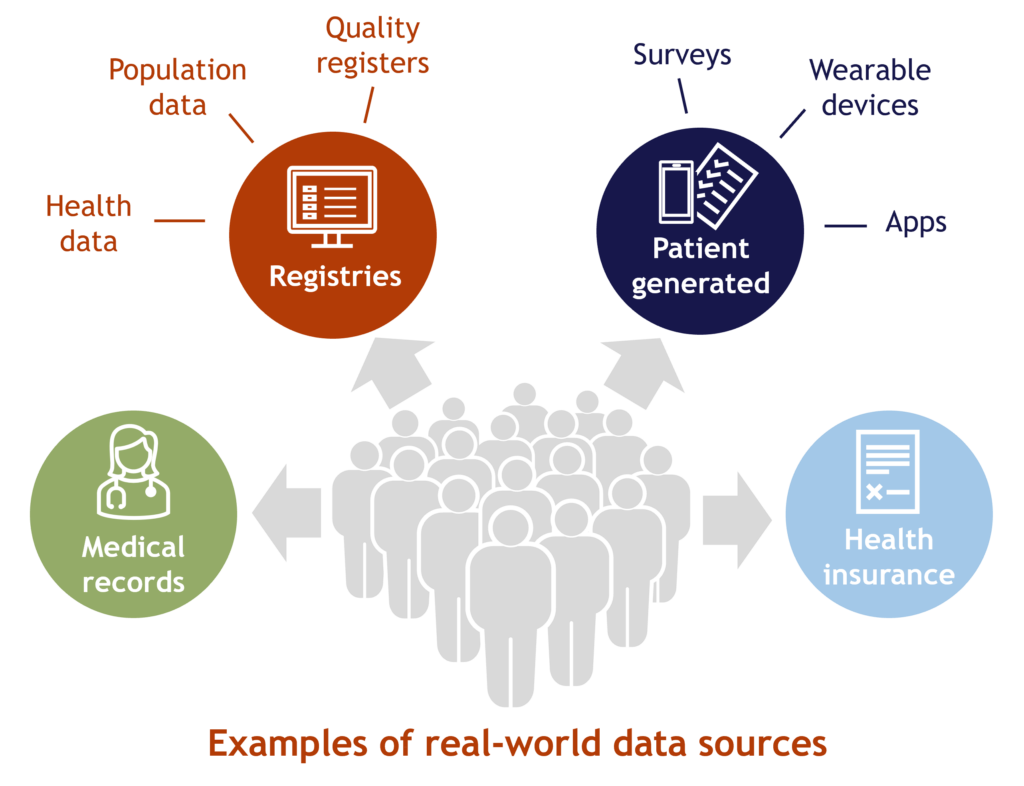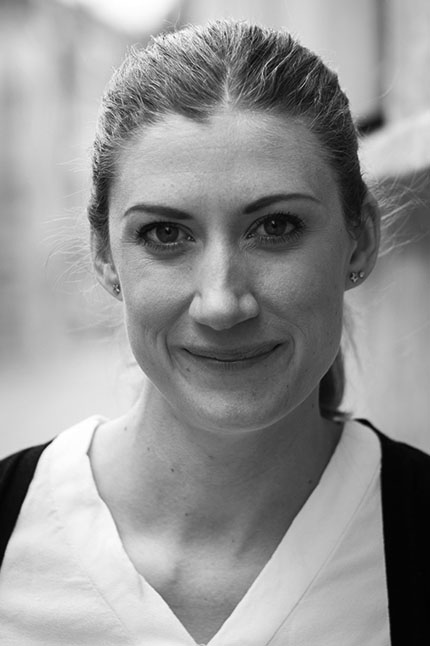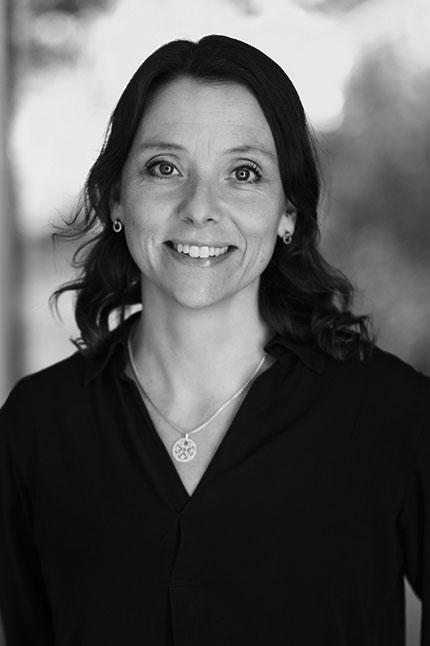Real World Data: Possibilities and recent developments
Demographic development and advances in medical technology leading to increased treatment opportunities are challenges faced by our health care system. In times with a strained economic situation, the availability of accurate data to make well-founded decisions for health and welfare is more relevant than ever. The newly proposed regulatory framework for health data registers is an important step in the process of improving access to data of primary care and hospital drugs in Sweden.

Despite unique opportunities in Sweden regarding health and population data registries the availability of primary care and drug use within hospitals have been requested and discussed in Sweden for a long time. Investigations have explored and currently explores the possibility of establishing new national registries and the interoperability in data sharing. The National Board of Health and Welfare (NBHW) suggested in the beginning of the year new regulations for reporting hospital drug use within the existing National Patient Register, regulations that are planned to enter into force in April 2025.
A new regulatory framework for health data registers, was recently proposed including an expanded data collection of both specialised somatic outpatient care and primary care for the National Patient Register at the NBHW. This expansion will also allow for following up on waiting times in the health care system. In addition, a new health data register at the NBHW is proposed, the Administered Medicines Register, including collection of data on hospital medicines from both inpatient and specialised outpatient care. The Dental and Pharmaceutical Benefits Agency, TLV, has recently presented new tools and potential methods to systematically follow up drug use and real-world treatment effect using registry data in a new report commissioned by the government. In this report TLV also highlights aspects important to consider when establishing a new medicines register.
What is Real World Data (RWD) and why is it important?
The randomized controlled trial (RCT) is the gold standard to measure the efficacy of a healthcare intervention. Well-designed experimental studies with random assignment of study participants to treatment alternatives effectively eliminates bias from known and unknown confounding factors and produces evidence of treatment outcome. However, even sufficient-size RCT:s typically have limitations as regards to generalizability to clinical practice (low external validity) and often have high costs. Efficacy data from experimental clinical trials thus often need to be supplemented with information from real-world settings using RWD, including current standard of care and characteristics of patient populations.
RWD is information relating to patient’s health status and/or the delivery of health care collected from a variety of sources, such as data derived from medical records, registries and patient-generated data from e.g. surveys, mobile health applications and wearable devices. Real world evidence (RWE) is the results or insights generated by analysing the RWD.

The advantage of RWD is the possibility to measure real health outcomes and costs of different treatments in clinical practice. It also provides the opportunity of long follow-up and large patient samples, which is rare in clinical trials due to ethical and economic constraints. RWD can also complement results from RCTs by providing further information of the patient population, of compliance to treatment guidelines and of patient-reported outcomes.
Unique opportunities in Sweden
Health and population data registries at the National Board of Health and Welfare (NBHW), Försäkringskassan (Swedish Social Insurance Agency) and Statistics Sweden provide unique opportunities for longitudinal research using RWD with national coverage. These high-quality registers with several decades of data constitute the foundation of a successful Swedish research tradition in the field of clinical epidemiology and health economics, and cover health data for the entire population. In addition, Sweden has several high-quality disease and treatment registers which may be linked to the national health data registers.
Another area within RWD is Patient Reported Outcome Measures (PROMs). Several disease specific quality registers are already reporting PROMs while some registers are planning to include it. In addition, a national collection of forms for PROMs (Nationell formulärsamling) are under development and recommended to be used by the health care sector to create a more standardised approach to measure and improve care quality. The forms are being developed by the Swedish Association of Local Authorities and Regions, SKR, together with Inera (a digitisation company that works on behalf of the Swedish municipalities and regions). This will hopefully enable more patient-centralised care and follow-up in the future.
IHE expertise
Analysis of RWD has been a staple of IHE research activities for many years. Together with partners from academia, the industry, the public sector and civic society IHE conduct RWE studies for Sweden but also for the other Nordic countries with the aim to provide support for informed decision making in the health and welfare sector. IHE has extensive experience of studies based on RWD derived from both national population based and disease specific registries. IHE has also wide experience in both planning and conducting studies based on data derived from medical records, and patient-generated data from surveys.
Please use the search function to see IHE work in the area of RWD:
Publications, reports, news and insights – IHE
Interested in discussing how we can meet your specific needs when it comes to collection of RWD and RWE analyses?
Contact us at: ihe@ihe.se
Authors:



